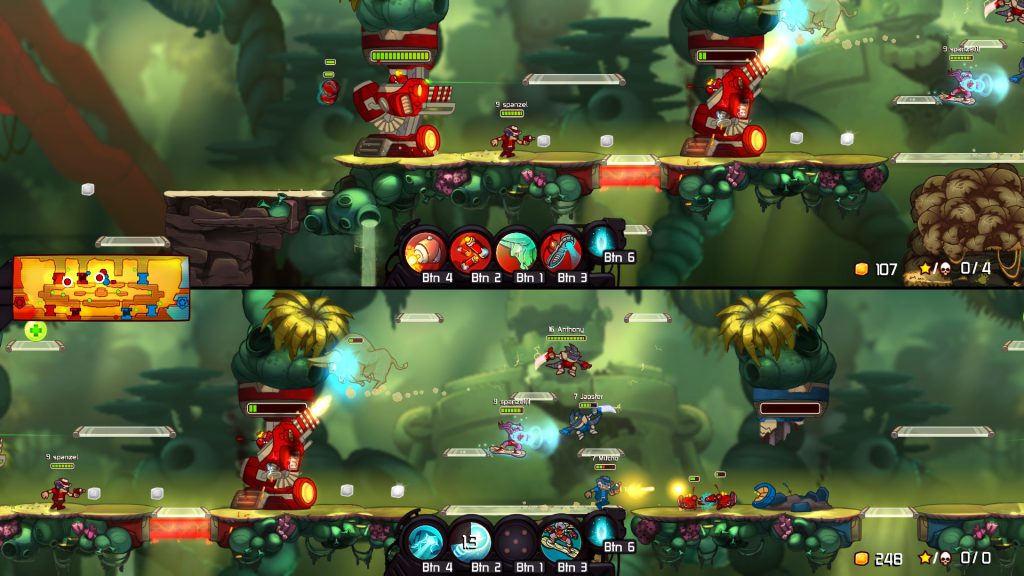Skin Betting Controversy Explained

When does a video game become gambling? Or, what game features make the video game a gambling game? There are games that have casinos in them or an in-game mini-games and roulettes that allow you to bet with your in-game currency, but those are not really gambling games. Before a game can be classified as a betting game it has to have features that require real money transactions, but even that is not enough. Lots of games nowadays generate revenue by selling cosmetics and loot boxes, but if players can’t cash in on those then it’s not really gambling.
However, if in-game items can be traded between players, and you get money from someone in real life to trade the item in-game, then lines seriously start to blur. It is for that reason that card games like Hearthstone do not allow players to trade cards with one another. Which brings us to skin betting.
How regular skin trading works
As said many games sell cosmetics or “skins” for customizing characters and items like in CS: GO. These skins can be traded, purchased, or they can drop from a loot box that players also buy. However to ensure that players cannot profit from skin trade Valve created a token, or platform currency that is purchased with real money but is used for transactions on their platform. This is how players cannot have any financial gain.
How it became gambling
However 3rd part websites jumped the opportunity to monetize this hype and facilitate skin betting. These sites were unaffiliated with Valve and offered venues where players can wager the skins to get casino chips where that can be used for betting on professional CS: GO matches and in some instances on virtual casino games. Websites like 12-bet.com allow players to bet on Counter Stike and other E-Sports, so if you can get virtual money from skin betting to place bets on those sites that means players would be able to cash in.

In the event, the player loses the skins he or she has wagered, the skin will automatically get traded through steam via a bot that is owned by 3rd party website, and that 3rd party website offers sells skins for real currency. Now, this is illegal, and to make things worse, underaged players got into it, which made the problem spiral out of control even more. As Valve never intended that gambling becomes one of its in-game features, it started issuing Cease and Decease orders to websites that facilitate skin gambling.
How to prevent this
In other words, game devs need to think about how to tackle these issues before games are released to avoid conflict with the law. Sure, not allowing players to trade the items is one way, but it also impacts the game experience in a negative way. So, they might want to monitor transactions and flag accounts that are big spenders, as potential suspects. Also, transactions that involve sending a lot of high-value skins to someone without getting meaningful items in return should also be investigated. Overgenerous accounts are one of the indicators that skins were won by betting.
